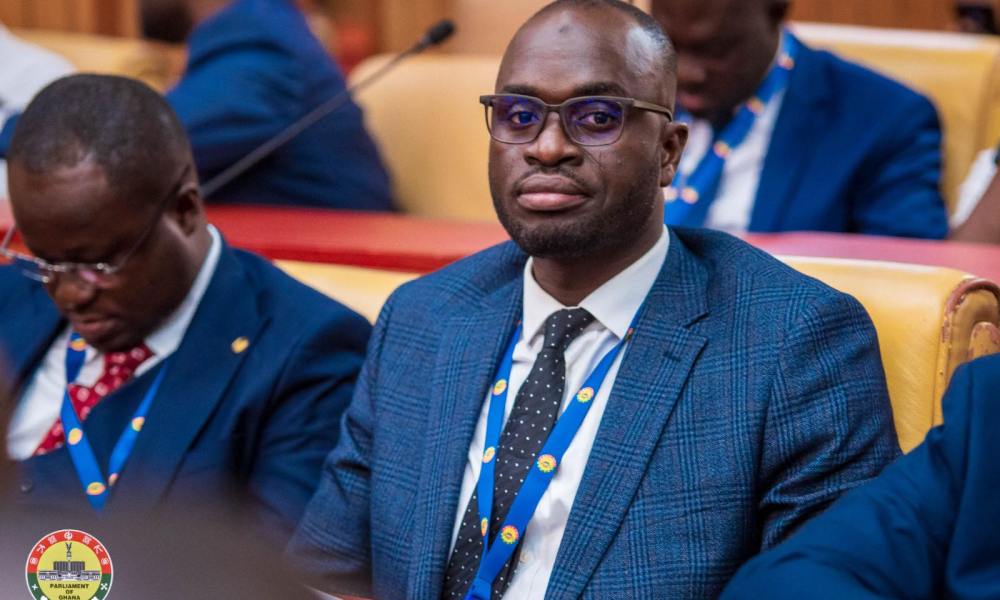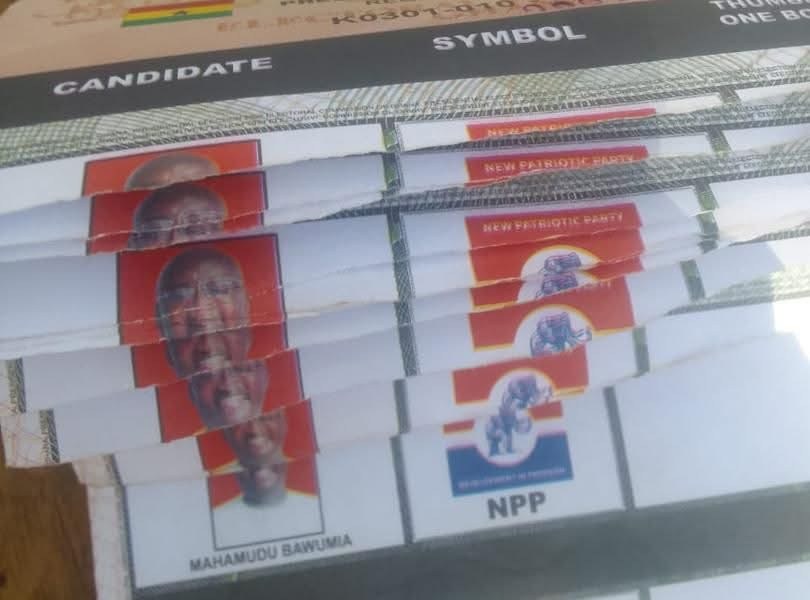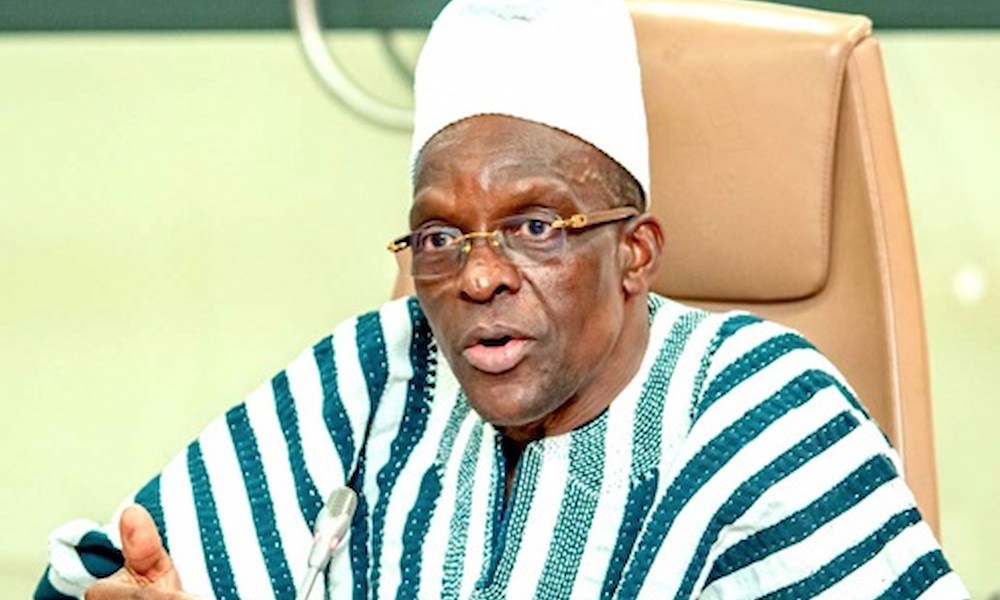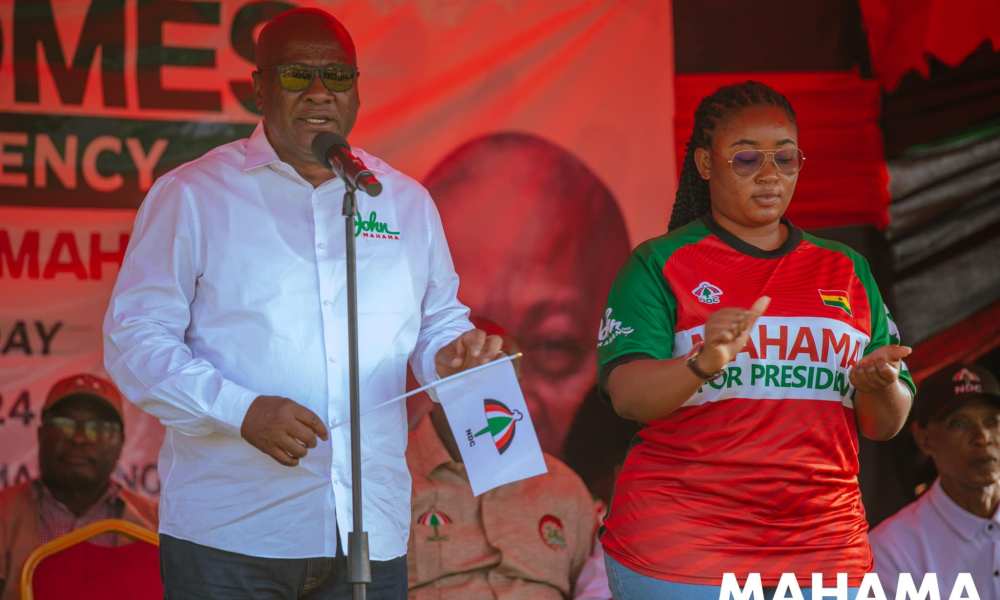Dr. K.B Mahama, the Member of Parliament for Walewale, has voiced strong opposition to the proposed privatization of the Electricity Company of Ghana (ECG), questioning the government’s rationale and the financial outlook of the state-owned utility.
During the confirmation hearings for the Energy Minister-Designate, John Jinapor, on January 13, 2024, Dr. Mahama reiterated concerns raised in the past regarding the sale of ECG, calling the move questionable.
The Energy Minister-Designate, however, denied any previous anti-privatization stance on the issue, despite public statements that suggested otherwise.
Dr. Mahama pointed to statements from September 2024 where the nominee had been quoted expressing opposition to the privatization of ECG, raising doubts about the consistency of the government’s position on privatization.
The MP also questioned the basis for selling ECG, highlighting discrepancies in the data used to justify the plan.
He referenced a KPMG report on the company’s financial performance, which indicated a rise in Aggregate Technical, Commercial, and Collection (ATC&C) losses from 27.5% in 2022 to 37.7% in 2023.
However, Dr. Mahama pointed out that the 2023 loss was an outlier, attributing it to outdated meters and restructuring efforts that impacted revenue collection.
Despite the challenges, Dr. Mahama emphasized that ECG had seen a remarkable increase in revenue, from GHc8.7 billion in 2022 to GHc14.3 billion in 2023. He questioned the logic behind selling off a company that had such positive financial prospects.
The MP also raised concerns about the forex shortfall affecting ECG’s financial stability. He explained that the difference between the Public Utility Regulatory Commission’s (PURC) rate and the market rate for purchasing power in dollars from Independent Power Producers (IPCs) leads to significant losses for the company.
He stressed that if the government were to absorb the forex shortfall, it would continue to burden the national debt, while passing the cost onto consumers would increase electricity tariffs, going against promises made by the government to reduce them.
Dr. Mahama pointed out that the KPMG report had not recommended privatization of ECG, but rather suggested strengthening the company’s cash flow mechanisms, a recommendation aligned with the NDC’s manifesto.
While acknowledging the NPP’s belief in privatization as a political tradition, Dr. Mahama argued that selling ECG, a company with clear financial prospects, would be an unconscionable move unless the government could ensure the discipline it had promised the people of Ghana.
Read his full post below sighted by Mynewsgh.com below:
Dr. K.B Mahama [MP, Walewale] writes:
On the sale of ECG
The Energy Minister-Designate appeared before the Appointments Committee of Parliament yesterday 13th January 2024 where I, again raised issues with the plan to sell off ECG.
The nominee denied ever speaking against the sale of ECG contrary to the available public information to that effect. He noted that he’s always been in support of privatization and one wonders why a socialist government has so much penchants for the sale of state assets. What is rich is that the nominee never issued a rejoinder when in September 2024 he was quoted in words anti-privatization of ECG.
I also questioned the figure of 40% aggregate technical, commercial and collection (ATC&C) losses used to justify the plan to sell ECG, citing the KPMG report. According to the report, ATC&C was 28.8% in 2021 improved to 27.5% in 2022 before increasing to 37.7% in 2023. The 2023 loss was an outlier due to the fact that many meters had become obsolete after reaching, and some exceeding the 10 years duration. It was also a year of restructuring and implementation of ECG’s digitization programs.
What is not reported is that between 2022 and 2023, ECG increased revenues from GHc8.7 billion to GHc14.3 billion. Why will we sell a company that has such huge prospects? How is the proposed sale going to address forex shortfall that has been one of the banes to ECG’s financial turnaround?
While the nominee and government wants to privatize ECG, they are not clear whether it should be concession or full privatization. Be that as it may, the plan will fail unless one of two things happens. Either government pays for the forex shortfalls or make consumers pay for the full extent of depreciation of the cedi.
Forex shortfalls occur due the the difference between the Public Utility Regulatory Commission’s (PURC) rate and the market rate. ECG purchases power in dollar from the Independent Power Producers (IPCs) and sells to the consumers in cedi at a rate determined by the PURC which is always lower than the market rate. If government absorbs the forex shortfalls, it means government will still be burdened and in debt. If it’s passed onto the consumer it means higher prices for them. This is antithetical to the NDC’s promise to reduce electricity tariffs.
It must be stressed that no where in the KPMG’s report has it been recommended that we sell ECG. The report recommends measures akin to the strengthening of the cash waterfall mechanism in the NDC manifesto among others.
The NPP is not against privatization as a political tradition. We believe in liberating the minds of the people for property owning democracy. But it’s unconscionable to sell a company that is showing prospects like the ECG. Unless the minister can not ensure the discipline he assured the people of Ghana.



